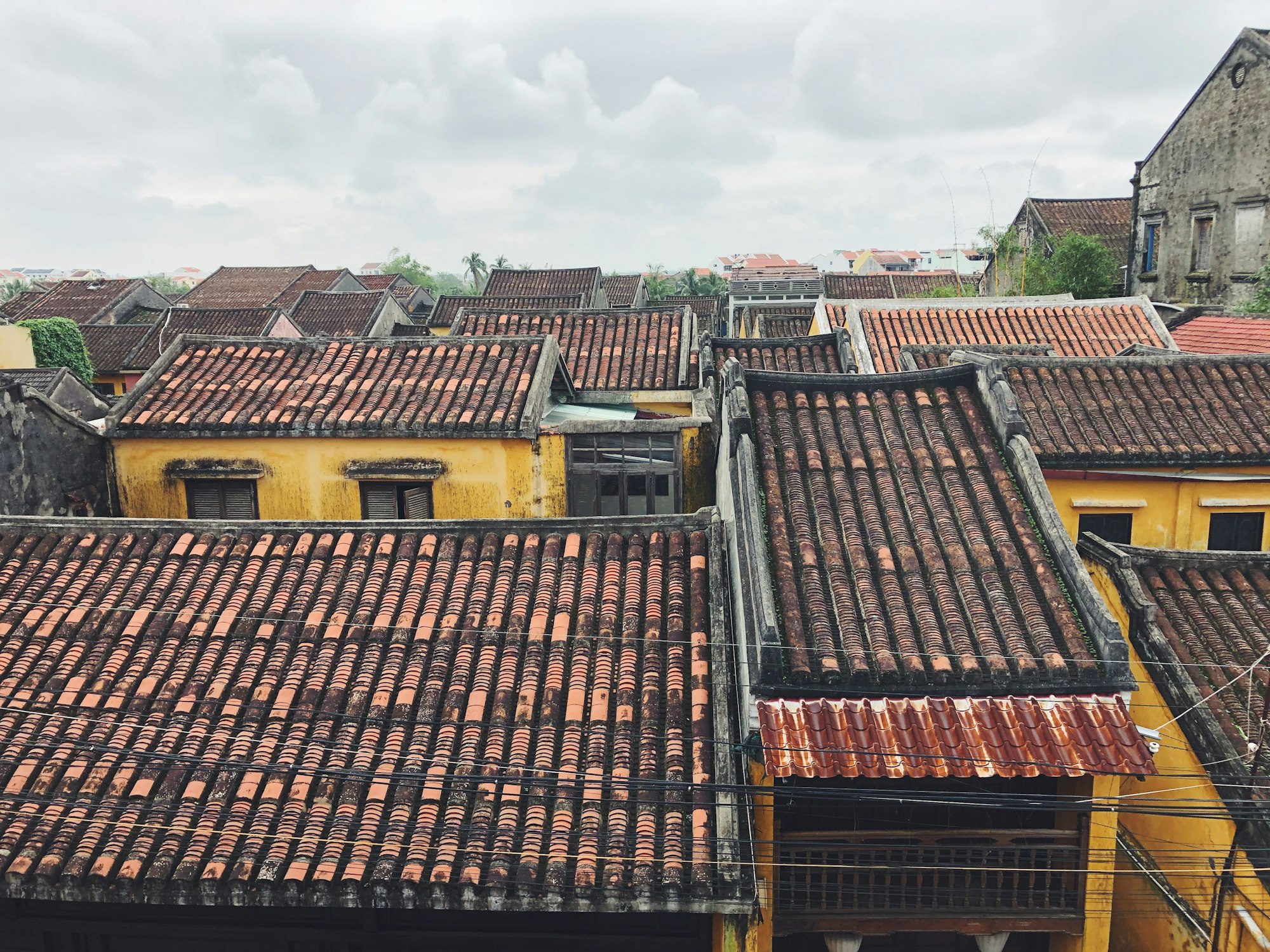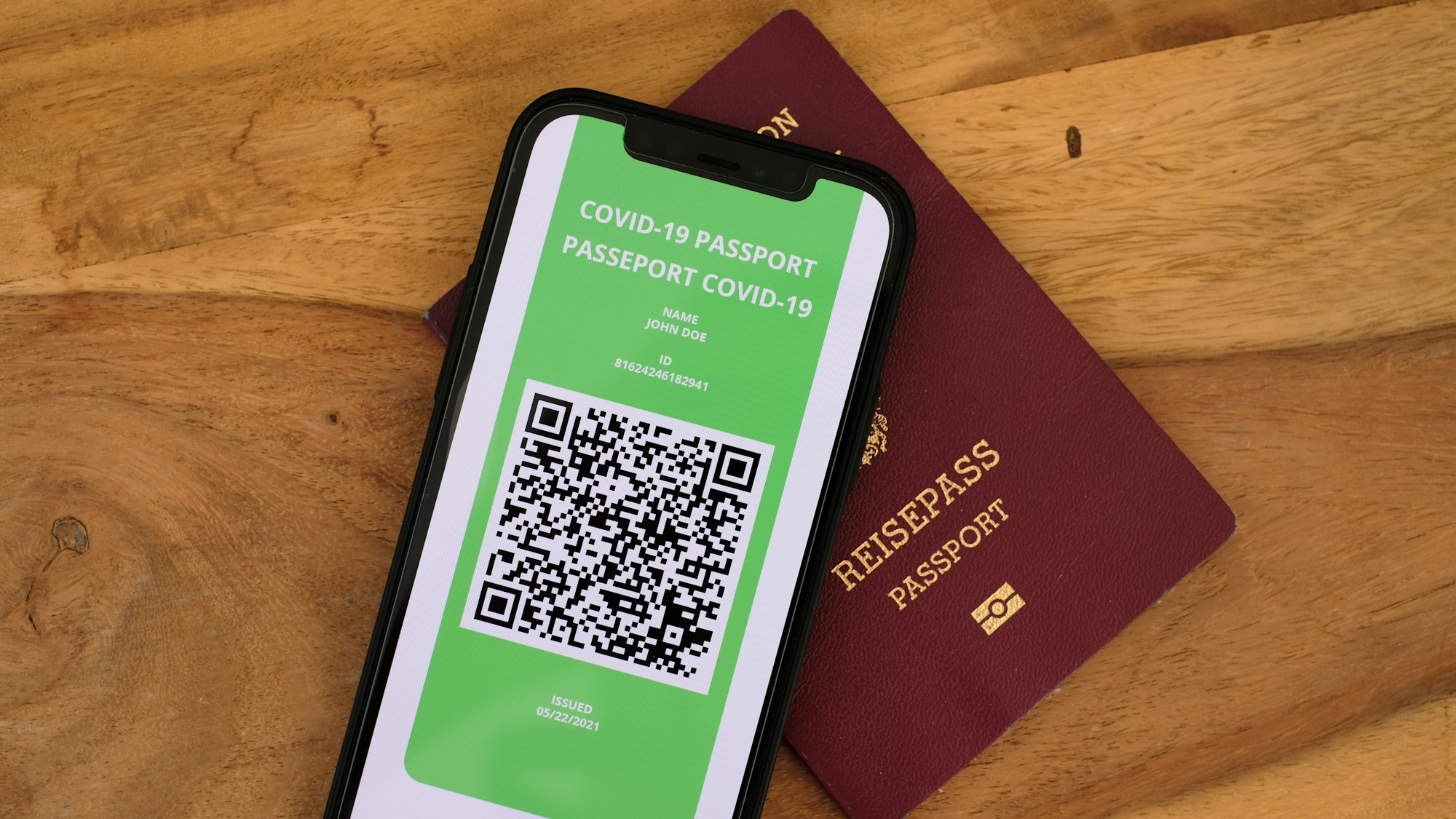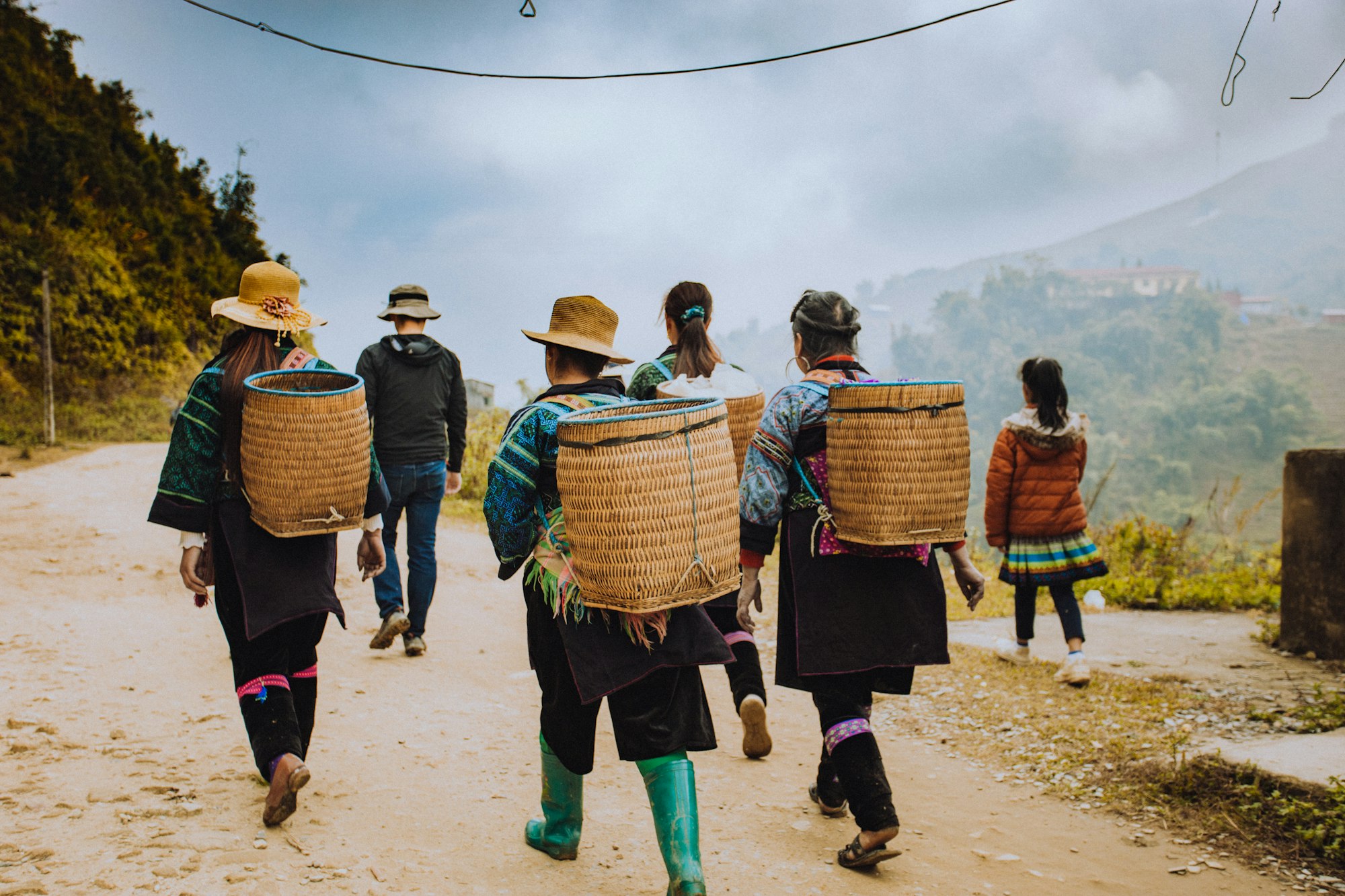COVID-19 in Vietnam: Travel Updates and Restrictions
When, how, and what to prepare for your upcoming trip under the current situation of COVID-19 covid in Vietnam?

When, how, and what to prepare for your upcoming trip under the current situation of COVID-19 covid in Vietnam?
The most updated Visa Policy for travelers in Vietnam
For travelers who plan to visit Vietnam (Except to Phu Quoc Island, Da Nang & Hoi An)
Since 22 March 2020, Vietnam has temporarily refused all visas issued to any foreign travelers. The embassy only grants new visas for foreign experts and those who travel for official or diplomatic purposes. From 1 February 2021, all who enter Vietnam must go through medical checks and 21 days of quarantine upon their arrival.
For more detailed information from the Vietnam National Administration of Tourism on the Vietnamese visa, visit this link.
For more questions about the new policy, you can contact Vietnam’s Immigration Department at (+84) 24 3938 7320.
Good news for foreign travelers - The Pilot Welcoming Program

Phu Quoc Pilot Welcoming Program
Phu Quoc Island is open for foreign tourists from October 2021.
Those with vaccine passports are welcomed to this island, as this is the first step of the government in an effort to bring tourism back on track. During the first three months of the pilot program, Phu Quoc will welcome 2,000-3,000 tourists each month via charter flights to visit a limited number of locations on the island.
In the next phase, expected to start in January 2022, Phu Quoc will accept commercial flights, and passengers will be welcomed on this island on a larger scale.
Visitors from countries and regions where COVID-19 is largely in control, which include East Asia, Europe, the US, the Middle East, and Australia, will be expected to book package tours from legitimate travel agencies.
The People’s Committee has selected appropriate service providers, including seven tour companies in Phu Quoc and 14 four- to five-star hotels with 8,000 rooms to serve foreign travelers. Locals and staff members are required to be vaccinated, and all other safety requirements are ensured to welcome back tourists during the program.
Hoi An - My Son Pilot Welcoming Program

The three-stage ‘new normal’ tourism program is also implemented in Hoi An & My Son. The first phase started in November 2021, only applicable to international tourists booking package tours to visit certain selected destinations. The places that allow visitors are Hoi An ancient city, My Son Sanctuary, and Hoiana Complex.
The next step is from January next year, with the plan of welcoming more arrivals via both charter and commercial flights. After finishing a 7-day tour in Hoi An as the first destination, travelers can move to several different places in Da Nang (Quang Nam province), Phu Quoc (Kien Giang province), Nha Trang (Khanh Hoa province), and Ha Long Bay (Quang Ninh province).
Da Nang Pilot Welcoming Program

In Da Nang, the pilot program is limited only to overseas Vietnamese who come back to visit relatives or for business purposes. The program mainly targets Vietnamese people in Russia and the Republic of Korea.
The third phase of the pilot program applies for post-COVID travel. During this stage, the country is expected to fully re-open for international tourism. The starting time of the third phase will be determined based on the COVID situation in Vietnam in the coming months.
Requirements for traveling to Vietnam during the Pilot Program

- Visitors must hold a legitimate ‘Vaccine Passport’.
Currently, the Vietnamese government accepts vaccine passports from 72 countries & territories. The authorities are negotiating with 80 other countries on their vaccine passports.
Having the vaccine passport means holding certification of full vaccination or recovery from COVID-19 not more than 12 months from the release day (from medical treatment places) upon arrival in Vietnam. Tourists must also present negative Covid-19 testing certificates within 72 hours prior to departure, issued by authorized agencies.
● Children under 12 years old have to be accompanied by their parents or guardians that meet the above requirements.
● Visitors are requested to install the ‘Vietnam Safe’ or the ‘Healthy Vietnam’ apps to make their online medical declarations.
● If travelers don’t meet the requirements, they may be refused entry to Vietnam.
Travel safety tips during COVID in Vietnam

● Visitors once arrived need to comply with the 5K regulation from the Ministry of Health, which includes:
- Wearing face masks when going out.
- Disinfection with hand sanitizer or with soap and running water regularly.
- Keep the safety distance (two meters or more) if possible, especially with people having COVID-related symptoms.
- No gatherings if not necessary.
- Health declaration through apps as mentioned above.
● Travelers are recommended to always turn on Bluetooth and GPS after installing the medical apps.
● Visitors must travel in their designated vehicles according to the approved schedule. Everyone must wear masks throughout the journey.
● Discard single-use masks properly after use.
● Ensure the mask can cover your nose and mouth; avoid touching the mask and wash your hands after removing it.
● Avoid contact with wild animals. If you do, wash your hands with soap under running water.
● If you have any COVID-related symptoms at the entry point, you should follow quarantine measures, and immediately call Vietnam's health hotline: 19003228.
● Travelers are encouraged to update statistics about COVID in Vietnam via the Coronavirus app, and official news and travel policies directly from the Vietnamese government at https://ncov.moh.gov.vn (only available in Vietnamese).
For travelers who are still in Vietnam due to COVID
For foreigners who have been in Vietnam since 1 March 2021 on visa exemptions, tourist visas would be extended at no charge until 30 May 2021. Travelers must inform their temporary residence status to local police via hotels/landlords and must complete Vietnam’s online health declaration.
More info on Vietnamese Visa requirements
Vietnamese visa exemptions
24 countries are granted exemptions of visas by the Vietnamese Government for 14 to 90 days. Citizens of those countries have to hold valid ordinary passports. For a full list of nations with visa exemptions, visit the official page of the Ministry of Foreign Affairs Vietnam.
Tips: 30 days visa-free will apply to people of all nationalities traveling directly to Phu Quoc island. You need to show an outbound ticket on arrival in Vietnam to be granted this.

Apply for Vietnamese electronic visa (e-visa)
Vietnamese e-visa can be granted if you are a citizen of the 80 countries listed below:
Andorra, Argentina, Armenia, Australia, Austria, Azerbaijan, Belarus, Belgium, Bosnia and Herzegovina, Brazil, Brunei, Bulgaria, Canada, Colombia, Croatia, Cuba, Cyprus, Czech Republic, Chile, China (Hong Kong and Macau passports also allowed), Denmark, Estonia, Fiji, Finland, France, Georgia, Germany, Greece, Hungary, Iceland, India, Ireland, Italy, Japan, Kazakhstan, Latvia, Liechtenstein, Lithuania, Luxembourg, Macedonia, Malta, Marshall Islands, Mexico, Micronesia, Moldova, Monaco, Montenegro, Mongolia, Myanmar, Nauru, Netherlands, New Zealand, Norway, Palau, Panama, Papua New Guinea, Peru, Poland, Portugal, Philippines, Qatar, Romania, Russia, Salomon Islands, San Marino, Serbia, Slovakia, Slovenia, South Korea, Spain, Sweden, Switzerland, Timor Leste, United Arab Emirates, United Kingdom, United States of America, Uruguay, Vanuatu, Venezuela, and Western Samoa.
The processing could take up to 3 working days and will cost you $25. A single-entry visa is valid for 30 days. E-visa is allowed in 8 international airports, 14 land crossings, and seaports of Vietnam.
You can apply for a Vietnam e-visa here. The required documents and information include:
● Your passport with 6 months’ validity
● One photo (in .jpg) of full passport information page
● One passport photo of yourself (in .jpg) with dimension of 4x6 cm, white background, no glasses
● One valid international debit or credit card
● One email address for emergency purpose
● One contemporary address in Vietnam
● Your entry and leave dates & locations (airport/exit points).
Hope this article is helpful for you to plan the upcoming trip, knowing all the important tourism policies under the situation of COVID in Vietnam!
